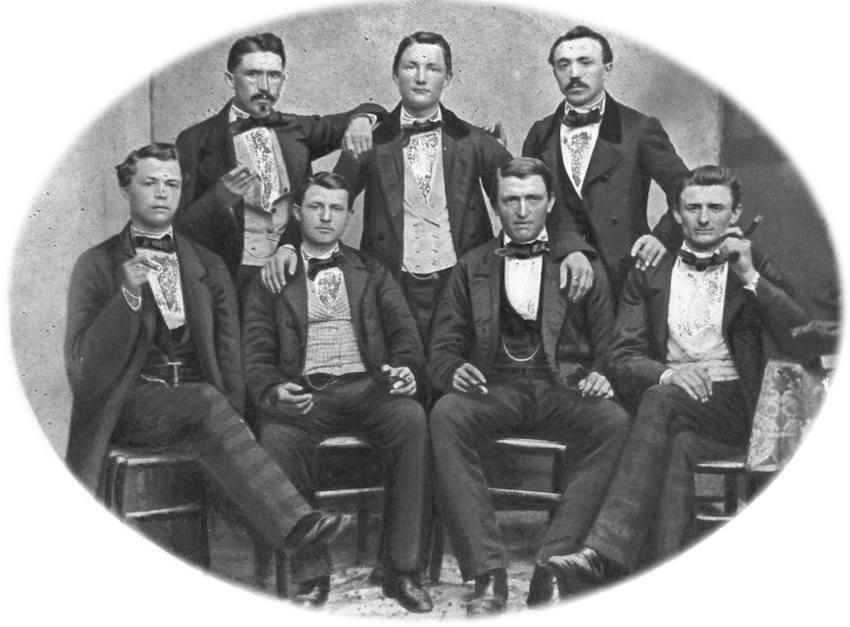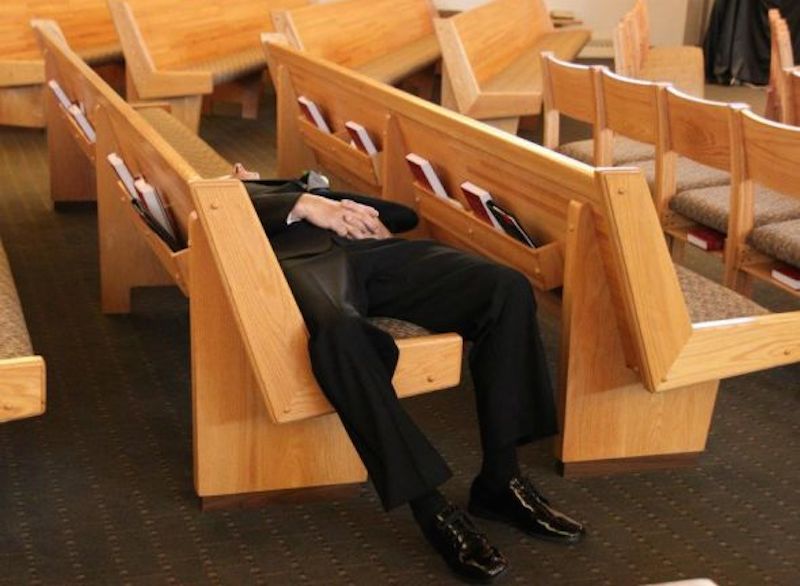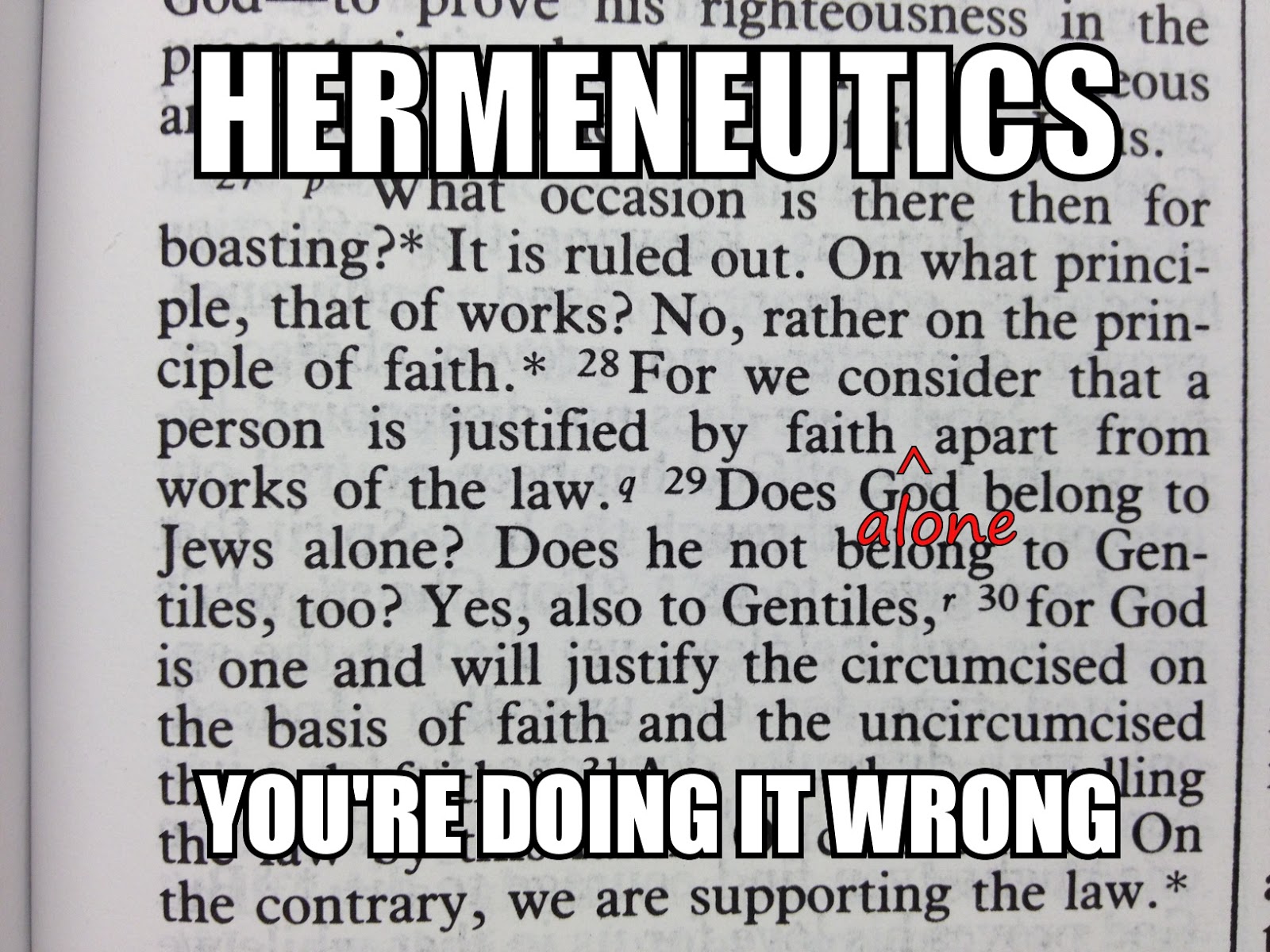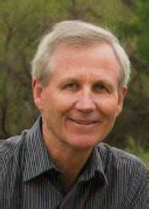 Today we have a guest post from Tom Massoth, the father-in-law of my friend John, who will also soon be a guest poster here at Restless Pilgrim.
Today we have a guest post from Tom Massoth, the father-in-law of my friend John, who will also soon be a guest poster here at Restless Pilgrim.
Tom and his wife of 39 years, Michele, reside in Yorba Linda, CA where they raised their two daughters Lisa and Jennifer. Now blessed with four perfect grandchildren, this retired Boeing engineer dedicates his time to God, family and friends, and various time-gobbling hobbies such as cycling. He is also a a Certified Flight Instructor in both airplanes and gliders.
Tom has a love of Scripture and is a student of Church history and the early development of Christian doctrines. His particular interest lies in presenting the fullness of the Catholic faith in simple and easy-to-understand terms to Catholics and non-Catholics alike. He prays for a more unified Christian faith in the world and sees open honest dialog as the key to spreading the Good News.
Here is what Tom has to say on the subject of Sola Scriptura…
Following apologetic debates on various internet blogs is usually interesting, sometimes entertaining and often very frustrating. The exchanges start with the initial blog entry that posits a position favored by the author, which invariably includes historical evidence, perhaps quotations from the writings of Church fathers and of course verses from Holy Scripture that are offered as proof of point in question.
The comment boxes then fill in reaction using the same general modus operandi: “Great Point!” leads the pack. “Ridiculous Point!” soon follows. Still another says “Ref. Romans X: Y-Z and you’ll see the real truth and proof of your foolish conclusions!” Another commenter counters with “Hey, this is so easy, just read 1 Cor A: B, which of course refers to Psalm ##, which was foreseen by Jeremiah L: MN-OP.” the beat goes on, and the beat goes on.
The most frustrating scenario, however, is a case when people holding opposing views on a particular topic offer the exact same Bible verse as proof to support their position! We then have two differing viewpoints, both claiming the inspired Word of God as proof of their positions. We know that the Bible cannot contradict itself; so where do we go from here?
Now, I’m not a member of clergy, nor a trained theologian or Bible scholar, but it doesn’t take an expert to see that something is terribly wrong with the way we are attempting to discover and embrace God’s revealed truth. Jumping from proof text to proof text, trying to understand the position, arguments and supporting evidence, it soon becomes apparent that the Bible per se is no longer at the core of the controversies. It was people themselves that had somehow replaced the single truth of God’s Word.
A battle cry of the Protestant Reformation was the idea of Sola Scriptura, i.e. that the Bible and the Bible alone stands as the sole revelation of God’s truth to mankind. I fully accept the Bible as the inspired Word of God, so at a certain level I agree with the spirit of Sola Scripture. That said, for any premise like Sola Scriptura, we must not only understand the basic concept, we must also peel back the layers to see what other conclusions necessarily come along as an implied attachment.
To that end, I would like to discuss a thought experiment that began with a definition of Sola Scriptura, which continued through some intermediate observations and ended with a most unexpected conclusion…
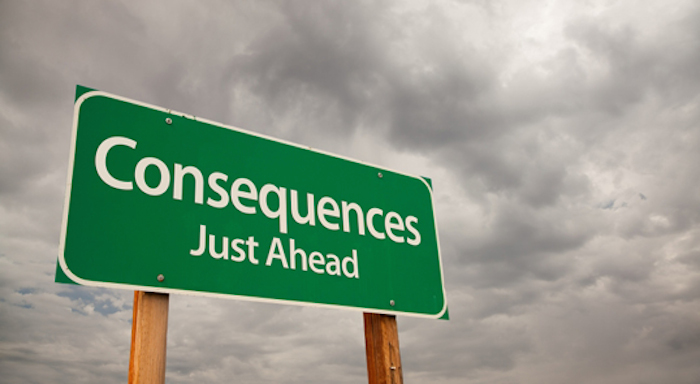
Read more

 One of my favourite things about having a blog is that, every now and then, I’ll get an email out of the blue from someone I don’t know. I love getting emails from people I’ve never met. There’s something quite wonderful in having an interaction with someone from across the continent or even the world, all because of something you’ve written!
One of my favourite things about having a blog is that, every now and then, I’ll get an email out of the blue from someone I don’t know. I love getting emails from people I’ve never met. There’s something quite wonderful in having an interaction with someone from across the continent or even the world, all because of something you’ve written!
 Today we have a guest post from Tom Massoth, the father-in-law of my friend John, who will also soon be a guest poster here at Restless Pilgrim.
Today we have a guest post from Tom Massoth, the father-in-law of my friend John, who will also soon be a guest poster here at Restless Pilgrim.
 At “Drinks with Dominicans” the other day I was introduced to
At “Drinks with Dominicans” the other day I was introduced to 
